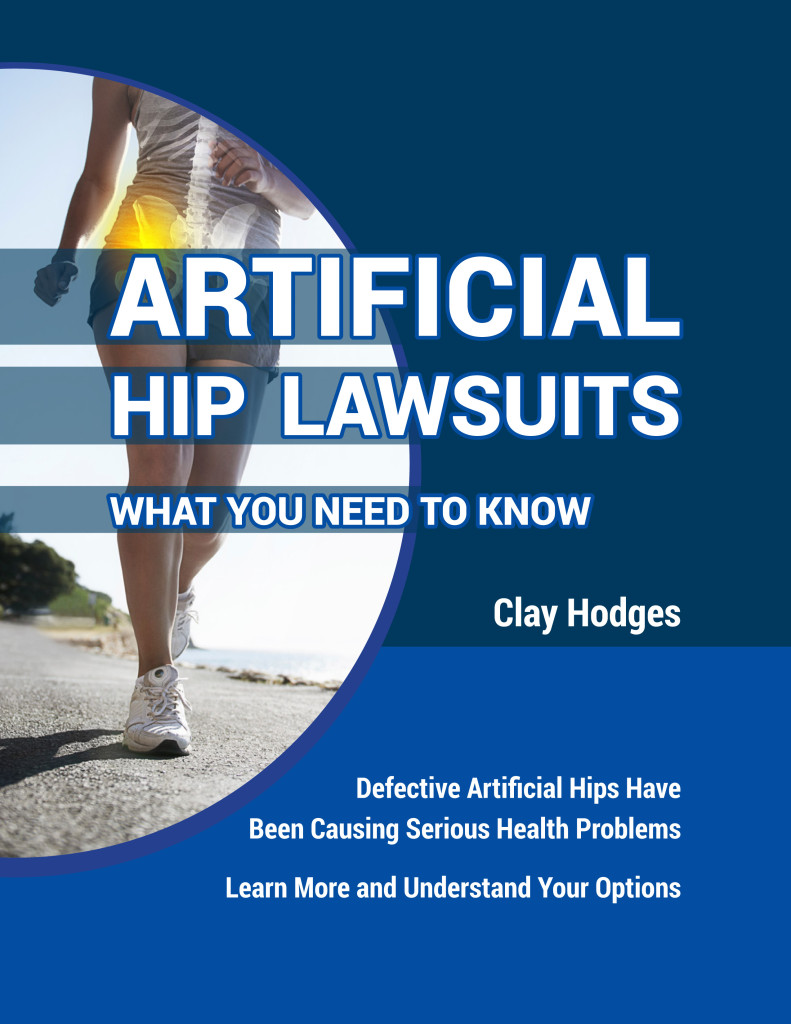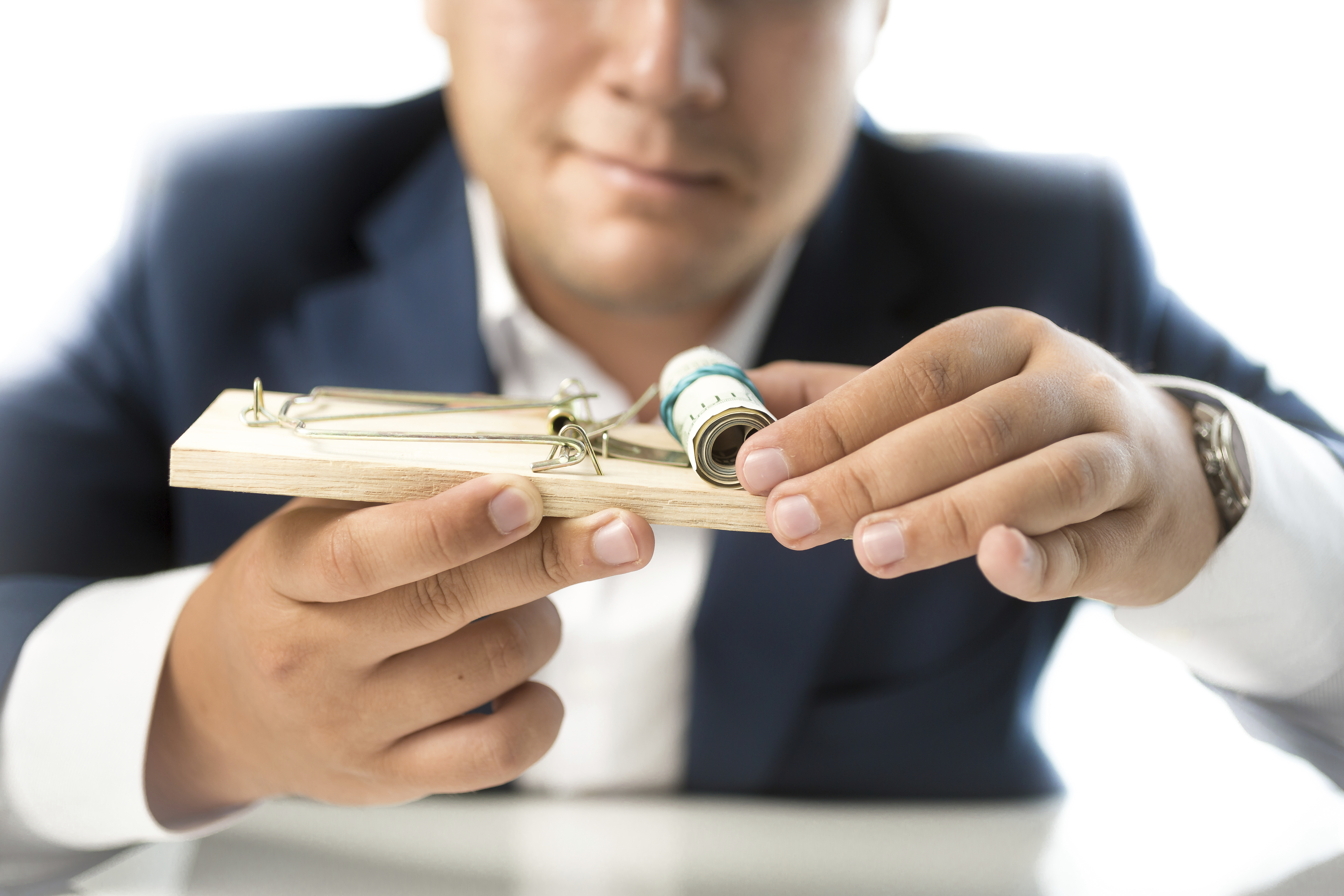For thousands of women, transvaginal mesh has caused more problems than it has solved. Women with TVM have reported infections, urinary problems, pain during sexual intercourse, scarring, bladder perforation, recurrence of pelvic organ prolapse or incontinence, and other problems. If you have a transvaginal mesh implant and now suffer unusual pain or other symptoms, you need to take action quickly.
Articles Posted in Counseling
Client To Lawyer: Listen to Me!
So often in life people get things exactly backward. Many lawyers, even great lawyers, see themselves first as accomplished advocates and gifted orators, and therefore in client meetings these lawyers will speak “at” their clients, dispensing their “expertise” and dominating the conversation. On and on and on. This is a mistake. These lawyers presume wrongly that the client has scheduled a meeting to hear the lawyer’s latest thoughts on case strategy, or that the client wants an extended briefing on the status of discovery or the latest trial motion.
This is almost completely wrong.
What Clients Want
Clients want to be heard. They want to be understood. They want their attorney to listen. And not just listen, but listen deeply.
I get it. The client has entrusted the attorney with a huge responsibility. The client has handed over her case to a professional to manage and maneuver it through the dense thicket of the legal system, and to handle the case well enough to achieve a successful outcome.
But it’s more than that: the client has handed over her story to the attorney. There is so much more involved in a lawsuit than merely grinding through discovery, dispositive motions, mediation, and trial. The lawyer is responsible for building the story of the client’s case. And every case is a compelling story. It’s the lawyer’s job to hear it.
Questions From Artificial Hip Clients: What Are The Key Medical Records?
I answered some of the questions provided by a former client of mine in Part 1. Today I will work through more questions from The List. I noticed several questions grouped around the concept of gathering relevant medical records. Very good topic.
At the outset I should remind you that your attorney will request your complete medical file from the hospital, your surgeon, your physical therapist, the radiologist, your primary physician, even the drug store. Still, it is helpful to know which documents are vital in building a strong case against a manufacturer when a hip or knee or other medical device fails.
What Are Product Stickers?
These are the identifying “stickers” attached to medical devices like an artificial hip. Prior to surgery, a medical device (like the acetabular cup in a hip replacement) will be delivered to the hospital or surgical center in a package. The product sticker will be affixed to or included with this package, and the operating room nurse will be responsible for double-checking that the medical device is the properly prescribed one for your specific surgical procedure. Once the medical device is confirmed to be correct, the nurse will remove the product sticker and place it on a page usually titled something like Receiving Report or Perioperative Note or even Nurse’s Report. These stickers will have all the key identifying information relating to the medical device.
For example, the product sticker may state in large lettering: Depuy ASR Acetabular Cup. It will identify a reference number and a lot number; the sticker will also contain bar codes to further identify the particular medical device or component. The sticker will display the size of the acetabular cup, and other important information specific to that device.
Key Questions My Clients Have Asked When An Artificial Hip Fails
Part 1
I was chatting with a former client the other day and I asked her if she could tell me the burning questions she had when she discovered her hip replacement surgery had “failed” and that she needed revision surgery. It turned out to be a masterstroke on my part, because a few days later she sent me a three page list of intriguing questions (let’s call it “The List”). Many of these questions I have answered in previous articles on this site. But not all of them. In fact, some questions startled me, as I had not considered every possible uncertainty a person may have when going through such an awful ordeal. I will answer three of these questions in this post, and I will return to The List in the coming weeks to answer more of the questions.
What Questions Should I Ask My Surgeon?
Here is usually how it works: you will undergo the hip replacement surgery, and you will see your surgeon post-operation and then for follow-up visits in the next few months following surgery. But the surgeon will quickly disappear, as he or she has more patients to see and more surgeries to perform, week after week. So you will spend more time in the recovery and rehabilitation period with other medical professionals, such as your physical therapist and perhaps your primary physician. Your physical therapist may be the first to identify that there is a problem with your recovery and therefore that there may be a problem with your hip replacement. Or it could be your primary care physician. Or it could actually be the orthopedic surgeon who performed the procedure, who may explain that the hip has failed in one of these post-op follow-up visits. (Of course, keep in mind that the artificial hip could take months or even years to “fail.”)
The Single Most Important Gift an Attorney Should Deliver to a Client
I have had bad eyesight since I was a teenager. Now in my mid-forties, I have endured retinal tears, cataracts, elevated eye pressure, even something called vitreous detachment. I will spare you the details, but this year the cataracts became bad enough that my ophthalmologist suggested I consider surgery to remove the cloudiness on the lenses of both eyes.
I needed to find the right surgeon to perform this delicate procedure. I mean, we’re talking about my eyes. Few things in our lives are as important to our quality of life as our vision. Needless to say, I was not going into this search lightly.
Searching for Assurance
I asked everyone I knew to recommend the most competent physician performing cataract surgeries. Fortunately I know many people who work in the medical field, and I set out to get everyone’s views on the subject. First I asked my ophthalmologist, who gave me a few names. I asked my retinal surgeon, who gave me four names. I asked an ophthalmology nurse, who gave me her views on the best cataract surgeons. I asked people who had undergone the procedure in the past. I asked people who may not have had a clue as to which surgeon might be good for these surgeries. I was going to do my homework before allowing some stranger to make incisions on my eyes.
Artificial Hip Lawsuits: What You Need to Know
I am pleased to present my new ebook, Artificial Hip Lawsuits: What You Need to Know.

For now I am making the book available for free in digital format; simply click the link on the right and download your copy of the book. We can also send you a printed copy if you like–simply reach out to us using the contact box on the right.
Nine years ago I was hired to represent a woman who suffered terrible pain and misery after her artificial hip failed. Since then I have helped many others who have had traumatic experiences following a failed hip replacement surgery. I hope this book may help you.
Pain and Suffering Damages in a Personal Injury Case
I appreciate this subject because in many ways it is mystifying. After all, how in the world can an injured person or an attorney or a jury decide the monetary value of the pain and suffering from a broken leg or a failed artificial hip? If you break your collarbone in a car crash, a crash caused by the negligence of another driver, what is that broken collarbone worth? Is it $75,000? $150,000? More?
Pain and Suffering Damages
This post focuses on one specific area of damages: “pain and suffering” (also known as non-economic damages), which is one classification of recovery intended to compensate an injured person for the actual physical, mental, and emotional suffering caused by the act of negligence. There are other types of money damages in a personal injury case, such as “compensatory damages” for money lost from time out of work, property damages for loss of or damage to an automobile, out of pocket expenses (like the purchase of a wheelchair), and other losses. But those are subjects for other posts. This post will look briefly at pain and suffering damages.
“Medical Funding” Serious Threat to Your Product Liability Settlement

I received a court filing from the Depuy ASR multidistrict litigation last week, and it reminded me to caution you about the serious financial threat you can face when dealing with artificial hip failures and hip litigation (and of course, other medical device failures like artificial knees and transvaginal mesh). Sadly, this threat comes from third-party companies that appear legitimate, even helpful, but mainly have a naked profit motive for getting involved in your case. These companies often cash in unfairly from all the suffering you endured from you failed artificial hip or failed medical device.
What is Medical Funding?
Think of it as a lawsuit loan, or a loan against your future settlement recovery. Medical Funding is a medical care financial assistance “service,” and occurs when a third-party company offers to pay the medical bills of a person who is injured by the negligence of others. This could be a car crash case, a failed medical device like a hip, or any other situation where the negligence of someone else caused the injury. If you accept the offer, the company will pay the medical care provider—the surgeon, the hospital, etc.—a percentage of the provider’s billed charges, but usually more than the provider would have been paid by private health insurance, Medicare, or Medicaid. The company then receives an “assignment” from the medical provider that allows the company (potentially) to receive the full amount of the billed charges, which are often much higher than what the company paid for the medical care and higher than what private insurance would have paid. The third-party company will then file a medical expense “lien” on the proceeds of the person’s settlement or jury award.
Finding the Attorney to Handle Your Failed Hip Case

Let’s face it, most attorneys (in fact, most everyone in any profession) sound impressive on their websites. In much the same way as people craft positive, happy versions of themselves on Facebook and Instagram, attorneys usually present a shiny version of themselves on their law firm websites. Often these websites list notable accomplishments. I don’t mean to suggest that these accomplishments are unimpressive or even fabricated. What I am saying is that you must go beyond the scrubbed surface of many websites and investigate further when choosing the right attorney to represent you with your case.
1. Determine what kind of lawyer you need. Just as you wouldn’t consult a cardiologist for a broken leg, you also shouldn’t hire a worker’s compensation lawyer to handle the failure of your artificial hip components. Look for an attorney who actively represents plaintiffs in personal injury cases, and specifically defective hip and other medical device cases. Try to avoid the generalists who appear to handle every possible case under the sun, from drafting your will to litigating your car accident case.
2. Look for an attorney with demonstrated knowledge in your specific case area. Take a good look at the information provided on the attorney’s website. Does the attorney have knowledge about your medical device failures and the related litigation? Has he or she litigated cases involving defective hips or knees or other defective medical devices? Does the attorney provide recent, timely, up-to-date information on the medical device that has caused problems for you? Was the information helpful to you?
 North Carolina Product Liability Lawyer Blog
North Carolina Product Liability Lawyer Blog







